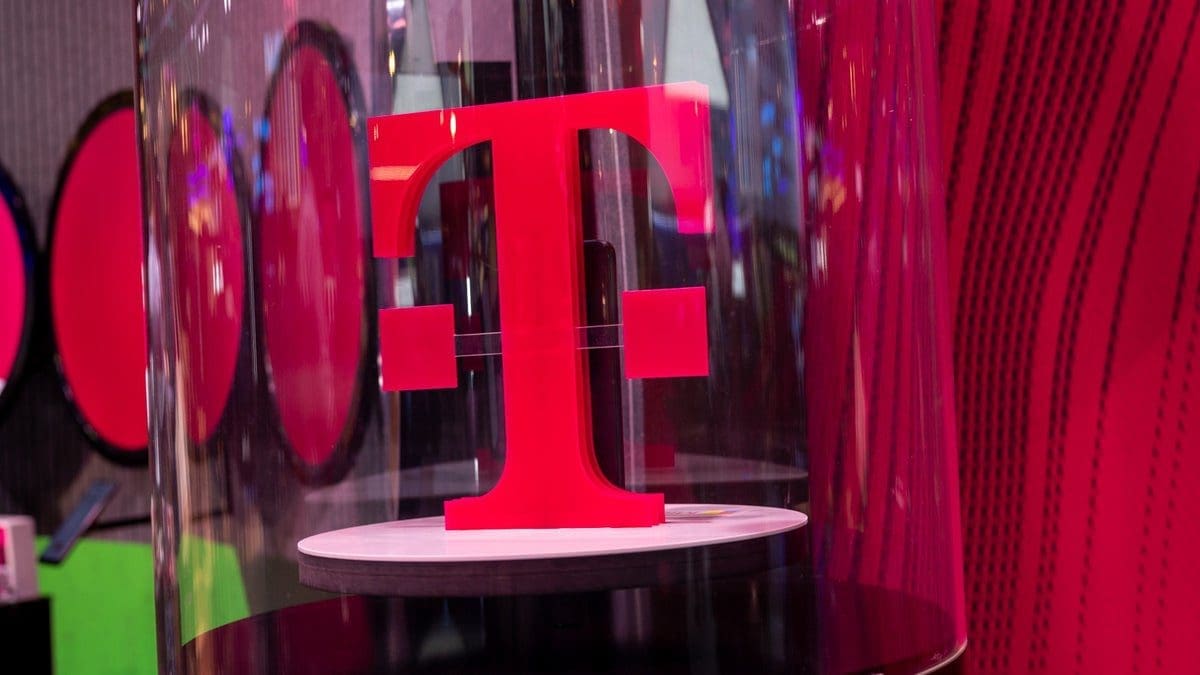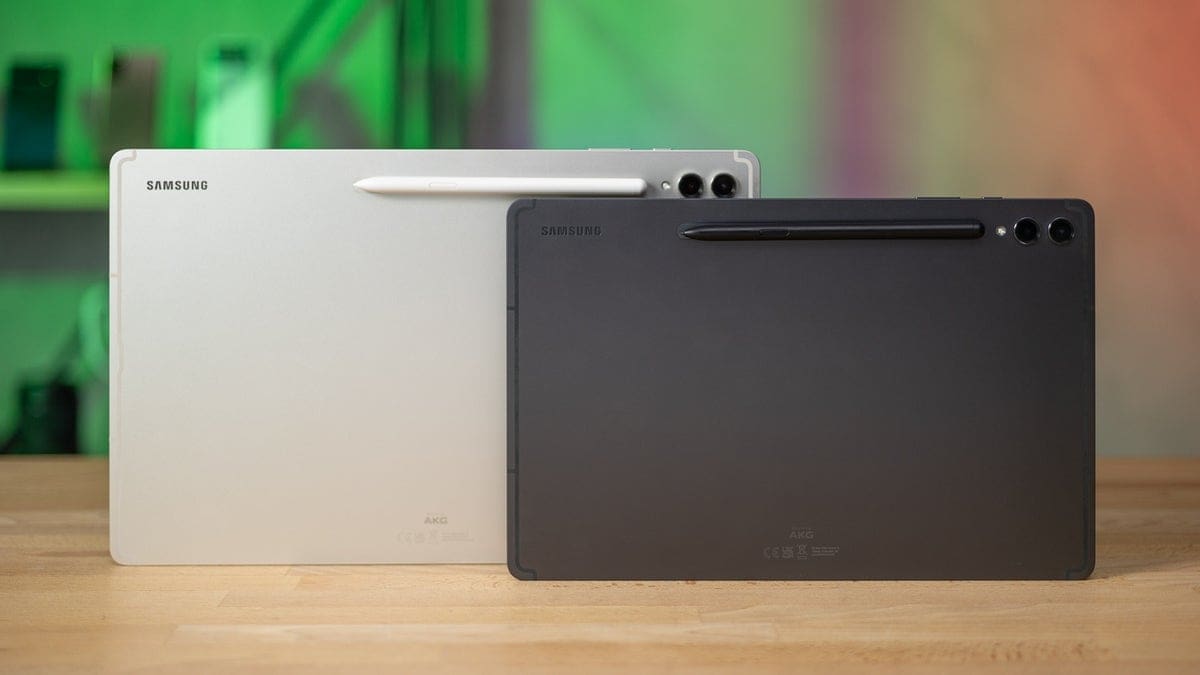Phones Canada team believes that Google started the AI phone trend with the Pixel 8, and now it’s expected from Samsung and Apple to follow with the Galaxy S24 and iPhone 16, respectively. Although machine learning has been a part of phones for quite a while, the focus is now on generative AI and on-device AI. Despite this, the practical applications do not seem to live up to the initial hype, and this could result in a change in Samsung and Apple’s approach. According to a report by investment bank Mizuho Securities, it is expected that the Galaxy S24 and iPhone 16 families will have the same amount of RAM as their predecessors. The iPhone 15 has 6GB of RAM, and previous reports indicated that the iPhone 16 would come with 8GB of RAM. However, today’s rumor suggests that the base iPhone 16 will continue to have less RAM than the iPhone 16 Pro. Similarly, it’s likely that the RAM count for the impending Galaxy S24 won’t increase much either. Mizuho Securities points out that on-device AI will increase the need for more RAM, but there are two reasons behind why Samsung and Apple may not offer more RAM than before. Firstly, memory prices are expected to increase, and secondly, real-world applications of increased RAM capacity do not seem all that impressive. There have been reports suggesting that smartphones with on-device AI require at least 12GB of RAM for image generation capabilities and 20GB of RAM for AI assistant functions. Even if Samsung and Apple don’t fully commit to AI, we can still expect their new phones to have some AI-powered features. Therefore, it’s uncertain if sticking with the same RAM configuration is a good idea. Apple is rumored to include AI capabilities into Siri and market it as one of the main selling points of the iPhone 16, whereas Samsung is expected to integrate its Gauss generative AI model into the Galaxy S24 to generate and edit pictures, write emails, and summarize documents. The company may also feature UFS 4.0 or Universal Flash Storage 4.0 to better handle increased data demands from AI applications.










